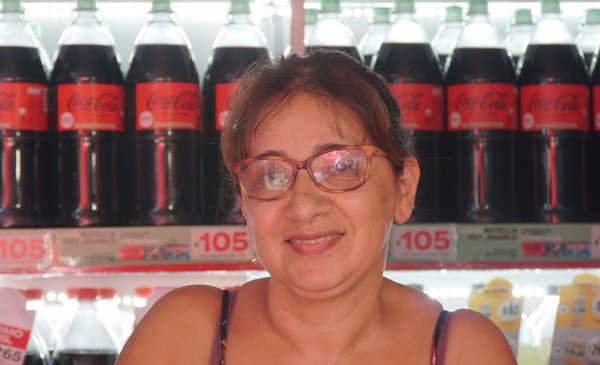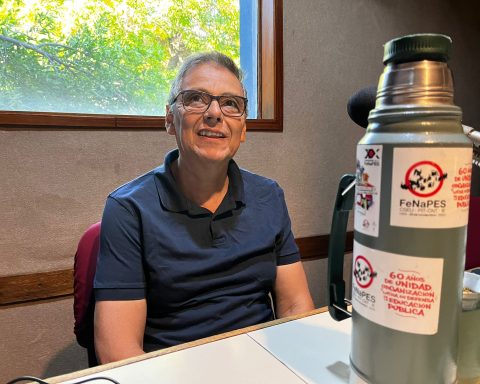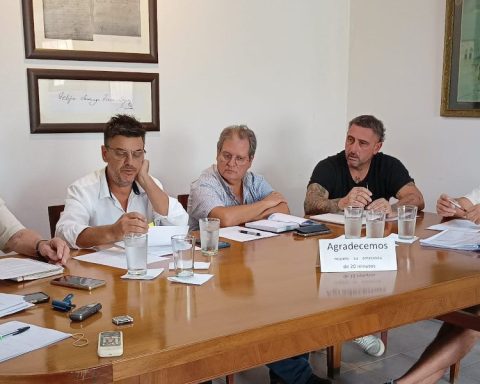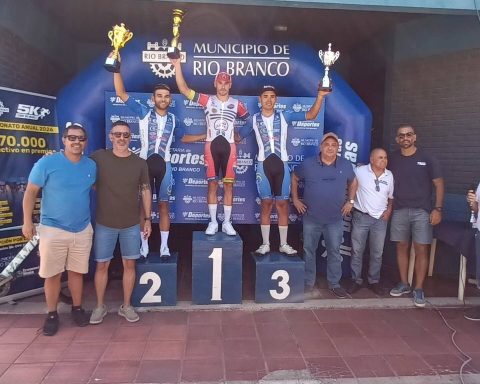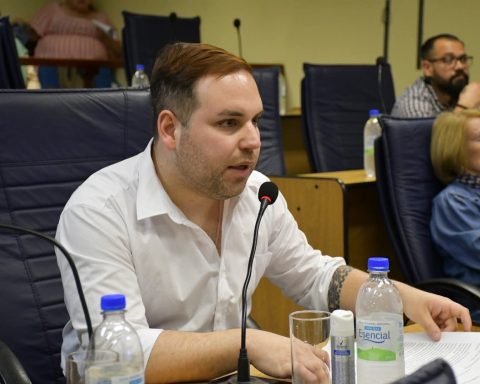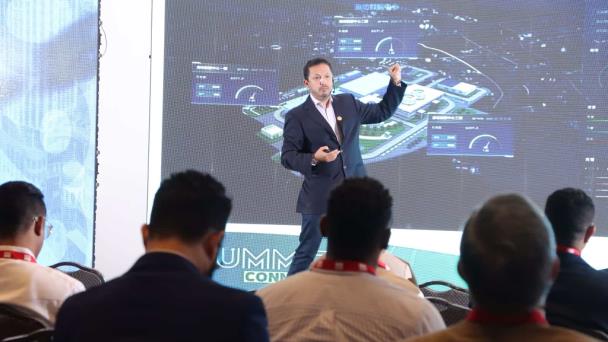During the health emergency, an alliance between Coca-Cola Uruguay, Endeavor and the Center for Retail Storekeepers, Baristas, Self-Servicists and Allied Workers of Uruguay (Cambadu) promoted the “We Are Open” initiative that accompanies the economic reactivation of small businesses. After that difficult moment full of uncertainty and confinement, they redoubled the bet with “Sigamos Abiertos”, an online training program for merchants that they can sign up for free through this link. The program will have its second edition starting in September.
The objective of this free and virtual course –divided into six modules and with a duration of 60 days– is that the owners and managers of stores, supermarkets and gastronomic businesses strengthen their sales strategies (how to organize the business and the stock of products, how to achieve customer loyalty, etc.); improve your finances; are encouraged to venture into e-commerce and digital marketing; to set goals and be able to achieve them; and to achieve effective leadership and communication about your business.
Analía Migues, executive director of Endeavor Uruguay, commented that the modules of this initiative have been designed in a practical way so that those interested can implement them from the “zero moment of the undertakings”. That what has been learned turns out to be “quickly applied” so that “these leaders of stores, supermarkets and restaurants can improve their business management,” she continued.
“Sometimes business accounts are confused with personal accounts. It is normal: money is taken from the box and it is not registered, it is mixed; it happens to all of us. For this reason, it is important to clearly identify the flow of income and expenses of the business to know where we invest, and what revenues it is having”, Migues deepened.
In the experience during the pandemic and later with the focus groups that they carried out to put together this training, they observed that there is “a lot of demand” for training and “a lot of desire” to professionalize the routine and the work of every day and be part of this type of initiatives.
In Migues’ vision, small and medium-sized businesses played a fundamental role during the most complicated time of the covid-19 pandemic. “They were key to the functioning of the neighborhood and the community,” she said.
“In times of pandemic we stop going to many places but we never stop going to neighborhood stores. They were there, they accompanied us in this process that was very hard. And now we have to double down with these signs of economic recovery. It is true that there is an inflation that is there, but it is also an external factor. It is important to be prepared, to be aware of this and to do everything possible to improve,” he added.
In relation to the focus groups held last March with representatives of stores, supermarkets and gastronomic establishments, he pointed out that it allowed them to “personalize the contents” and bring them down to earth, promptly attending to the needs of the merchants.
The modules are made to measure and considering the challenges of each business. The methodology is even designed along these lines, in the sense that it is presented divided into modules – each one lasts 10 days – and each one has a lot of content that can be read at any time of the day.
“We understand that many times they raise the curtain of the store at 8 and lower it at night, and they cannot leave the business. We don’t want to disrupt the routine. The content has large classes, but also synchronous content and support classes, tutorials, for day to day”, said Migues.
The director added that in this first edition they have had a very good call and the same is expected for the second instance starting in September. Both editions are developed virtually to achieve “national scope and representativeness in the 19 departments,” said the executive director.
Value chain
For her part, Silvina Bianco, senior manager of Public Affairs, Communication and Sustainability of Coca-Cola Argentina and Uruguay, indicated that they always seek to make a difference in the communities where they operate.
“We identified that, within the value chain, small businesses and bars represent 75% of the sales volume” of Coca Cola, he detailed and stressed that these are businesses that had to face difficult times during the Covid-19 pandemic .
“They are small businesses, family businesses, often led by women. The pandemic required these businesses to apply immediate changes such as adding biosecurity elements and signage to mark social distance, adopt e-commerce or promote delivery. We knew that these businesses were not going to have their back to respond to these investments”, Bianco deepened.
At that time, together with Endeavor and Cambadu, they reached 400 businesses to which they delivered biosafety elements, posters, bicycles, in addition to collaborating with training on e-commerce, delivery, WhatsApp Business, and other useful resources.
“That was the first stage. For the current situation, we attended to the immediate needs, we accompanied the innovation process in these small businesses. Mainly, we support the economic reactivation”, said the senior manager of Public Affairs, Communication and Sustainability of Coca-Cola Argentina and Uruguay.
After that stage, now comes one with “more in-depth training” for 60 days that “continues to encourage economic improvement, not only in stores and bars, but also in restaurants, which were the most affected during the pandemic. with all the mobility and capacity restrictions”, he pointed out.
In his vision, the current cycle seeks to deepen skills, enhance motivation, resilience and leadership. “All very important skills. This course addresses both technical aspects and soft skills, which are so necessary in times of change”, Bianco said.
In turn, the content is “adapted to Uruguay and the specific needs of Uruguayans.” “There are mentoring spaces and master classes. People can bring their personal concerns and those of their own local”, Bianco deepened. Small businesses are “a source of employment, they generate community, and they bet on education; For us, permanent education and training lead to the development of a country”, she concluded.
